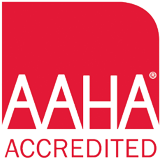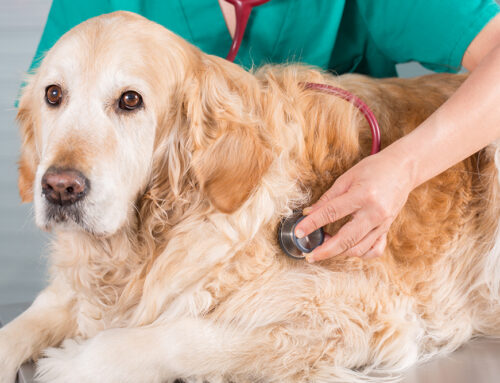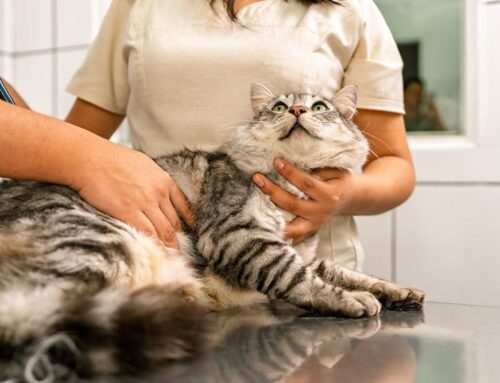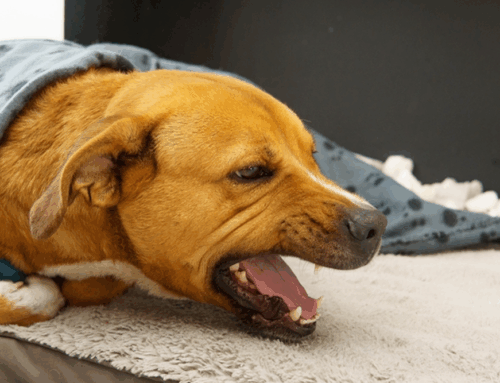About 214,000 cases of pet poisoning are reported in the United States. Given that many of these poisoning cases are caused by everyday household items, it’s important for pet parents to learn about pet poison control. It’s estimated that 38,900,000 American households own cats. If you’re one of these pet owners, you should be well aware of the toxic items in and around your home that can cause pet poisoning.
Here are some of the most common causes of pet poisoning and how you can keep them under check.
Pet Poison Control for Human Medications
Most human medications are generally not safe for pet consumption. They’re even more lethal when ingested accidentally in large amounts. Pet poisoning caused by medication may sedate your pets or over-excite them. In addition, it can cause seizures, vomiting, or diarrhea. In extreme cases, and depending on the type of medication ingested, it can be fatal to your pet.
Medications such as blood pressure pills, acetaminophen, prescription painkillers, paracetamol, ibuprofen, aspirin, and NSAIDs can be fatal to your pet. Vitamin D, decongestants, tricyclic antidepressants, and methylphenidate will cause severe poisoning and can be fatal when ingested in large quantities. The same goes for other medications such as sleep aids, birth control pills, codeine, melatonin, and bupropion.
As a pet owner, you should take all possible measures to keep your medication away from your pet. Animal vets typically advise pet parents to store their medications in a locked drawer where pets can’t access. This is especially important if you have pets such as ferrets, which are naturally curious and quite dextrous. Pets may accidentally ingest some of your medication while playing in your house. If a pill falls off of your counter, there’s a good chance your dog or cat may try to eat it. When you suspect or realize that your pet may have ingested some of your medications, call an emergency veterinarian right away.
Stay Away From These Houseplants
Not all household plants are pet-friendly. Some, like lilies and sago palms, may cause kidney damage and liver failure to your cat or dog. Other plants that may poison your pet include marijuana, castor beans, poinsettia, azaleas, tulip bulbs, oleander, cyclamen, amaryllis, English ivy, and peace lilies. These plants may cause tremors, seizures, diarrhea, gastrointestinal tract irritation, abnormal heart function, cardiovascular collapse, convulsions, depression, or vomiting.
If possible, it’s preferable to avoid keeping toxic plants in your home at all when you have pets. When that’s not the case, veterinarians advise pet owners to keep toxic plants on tall shelves away from their pet’s reach. Pet vets will also help you identify some of the most toxic plants, such as lilies and sago palms, that can seriously harm or kill your pet if ingested. You may opt not to have them in your house and instead find a replacement plant that is much safer for your pets.
Be Careful With Household Chemicals and Human Food
Your everyday household chemicals such as cleansers, bleach, fabric softener, paint thinner, insecticides, rat poison, fertilizers, and weed killers are poisonous to your pet when ingested. Most cases of pet poisoning are caused by household chemicals and human food such as chocolate, coffee, onions, mushrooms, dairy products, and sugar-free candy and gum.
As a pet parent considering pet poison control, be extra careful around your house, especially when you’re cleaning. Don’t leave chemical products lying around the house after you’re done. Also, make sure that your cat or dog cannot access the storage lockers where you store your cleaning products and garden items such as fertilizers.
Additionally, resist the urge to share your food with your pet. That small piece of chocolate that you feel like sharing with your pet will cause more harm than good. Feed your dog the right amount and type of dog food, as advised by your veterinarian.
All pet owners should be aware of pet poison control measures to prevent pet poisoning. As a pet parent, ensure that your house is pet-friendly by locking away your medications, household chemicals, and keeping toxic plants away from your pets. Additionally, don’t feed your pet human food such as avocados, chocolate, apple seeds, and alcoholic beverages.
At Southern Arizona Veterinary Specialty and Emergency Center we are happy to provide a wide range of veterinary specialty and emergency services. It is important to have a “primary care” veterinarian to keep your new family member healthy and happy with routine vaccinations and health checks. But if you find yourself in the midst of a veterinary emergency, our team of experienced veterinarians is here to help. When it comes to visiting animal hospitals, we understand that the experience can be full of stress and worry, so we aim to make things as simple as possible. For more information, get in touch with one of our experts today.








Leave A Comment